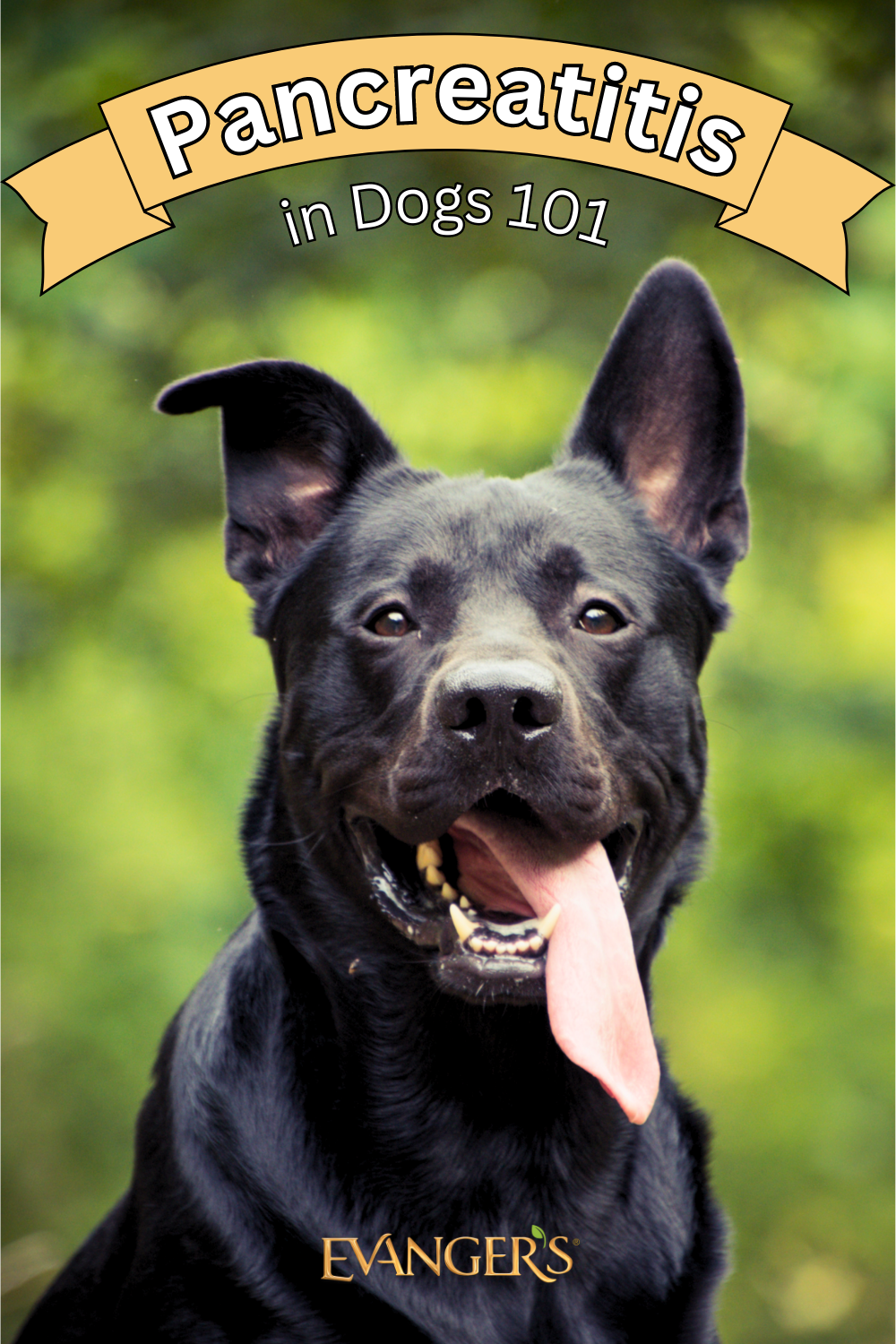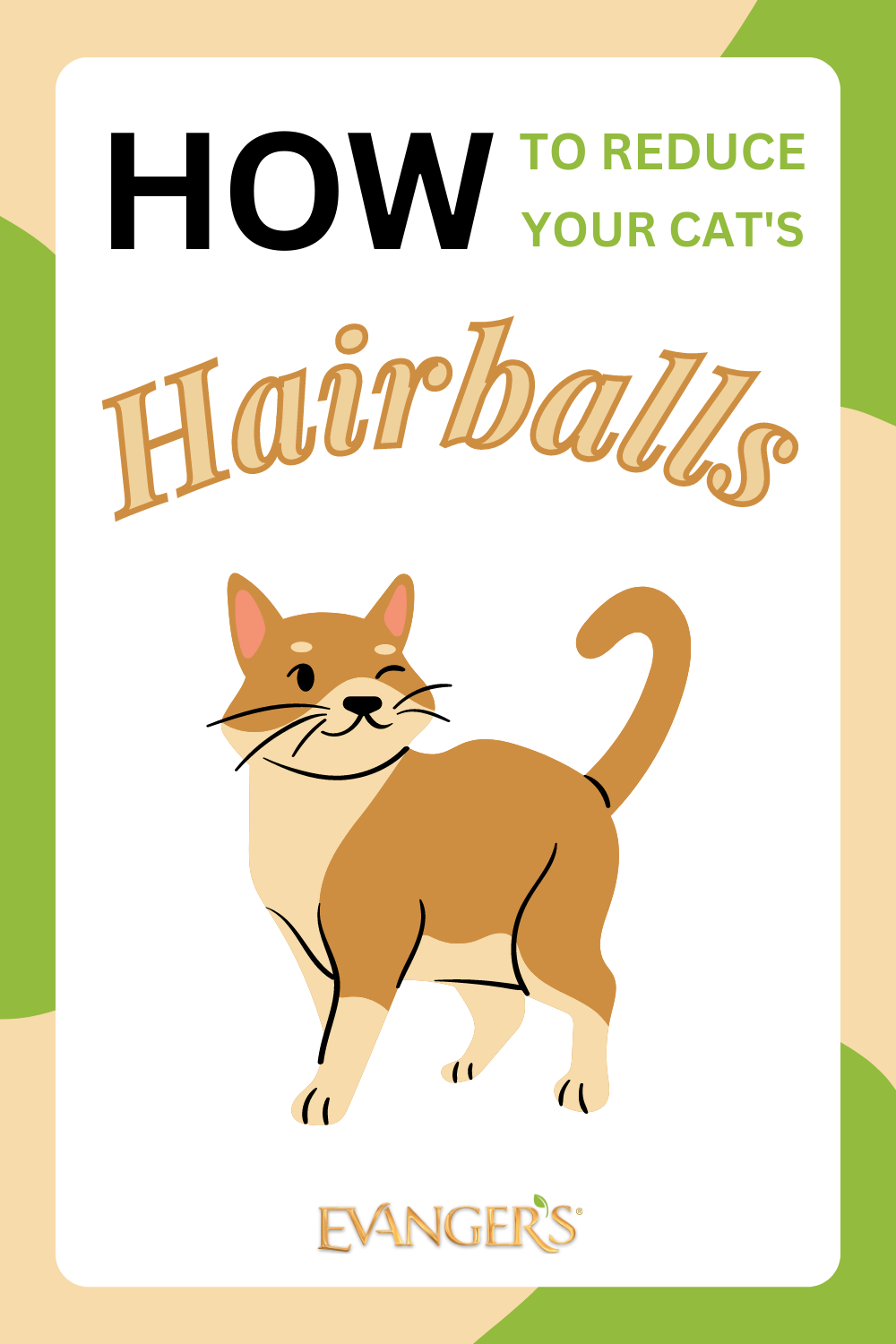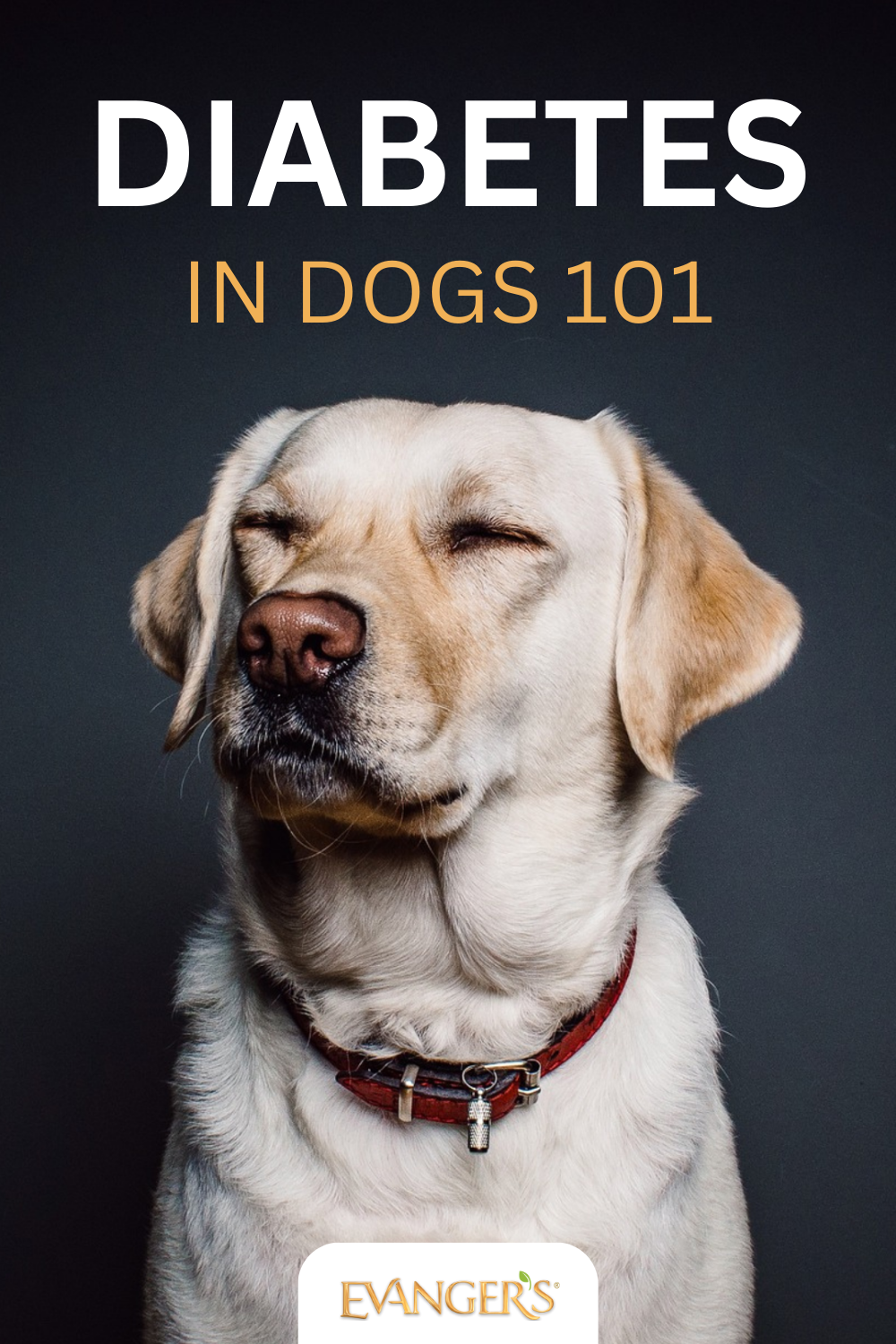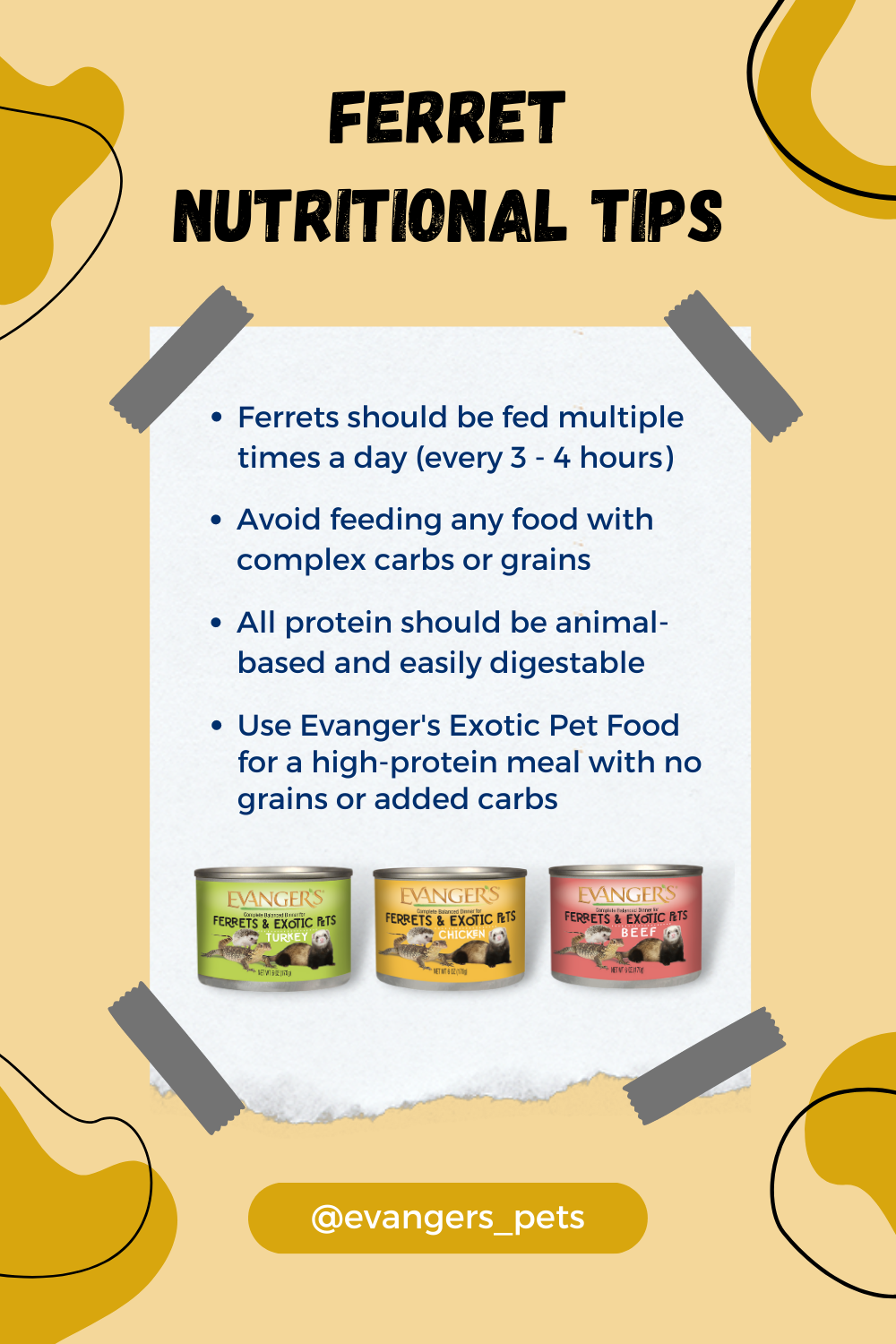31
Mar 2023

What is Pancreatitis? A glandular organ located near the stomach and small intestine, the pancreas is responsible for releasing key enzymes that aid in digestion. Pancreatitis is a common medical condition that affects dogs of all ages and breeds, wherein the pancreas becomes inflamed and starts to produce digestive enzymes that attack its own tissues, damaging not only the pancreas, but surrounding tissues and organs as well. In this blog post, we’ll explore the causes, symptoms and treatment options for pancreatitis in dogs, and how Evanger’s Dog Food can help. The......
Read More
29
Mar 2023

Cats groom themselves by licking their fur, which causes them to ingest loose hair. While most ingested hair passes through the digestive system and exits the body as feces, some hair may accumulate in the stomach and form a ball or mass. When the mass of hair becomes too large to pass through the digestive system, the cat’s body tries to expel it by coughing or vomiting. This results in the cat expelling a cylindrical or oblong-shaped ball of hair, commonly known as a hairball. While hairballs are a normal part of......
Read More
28
Mar 2023

What is Diabetes? Just like in humans, dogs are at risk of developing diabetes. Diabetes in dogs, also known as canine diabetes mellitus, is a chronic metabolic disorder characterized by high blood sugar levels. It occurs when the body is either unable to produce enough insulin (Type 1) or effectively use the insulin it does produce (Type 2). Insulin is a hormone produced by the pancreas that helps regulate blood sugar levels by allowing glucose to enter the cells to be used for energy. When there is not enough insulin or the......
Read More
20
Mar 2023

Tips for Feeding your Greyhound An athletic breed renowned for their sprinting abilities, greyhounds are surprisingly calm dogs that make for great pets, especially for those with little ones. With an average life expectancy of around 10 – 13 years, it’s important to understand what your furry friend needs in their diet to ensure they stay happy and healthy. With lean, muscular bodies that require daily exercise, it’s important to provide your greyhound with high quality food that’s rich in protein to match their active lifestyle. It’s important to note that greyhounds......
Read More
09
Mar 2023

Small and full of personality, ferrets require a lot of attention when it comes to their nutrition. With a short digestive system and fast metabolism, ferrets should be fed many meals a day (one meal around every 3 – 4 hours). Don’t let their ravenous appetite fool you, because if there’s any pet that has digestion problems, it’s the ferret. Without a cecum in their digestive tract, ferrets are unable to process complex carbohydrates, and thus they should not be consumed. That means anything with fiber should also be completely avoided. Other......
Read More


